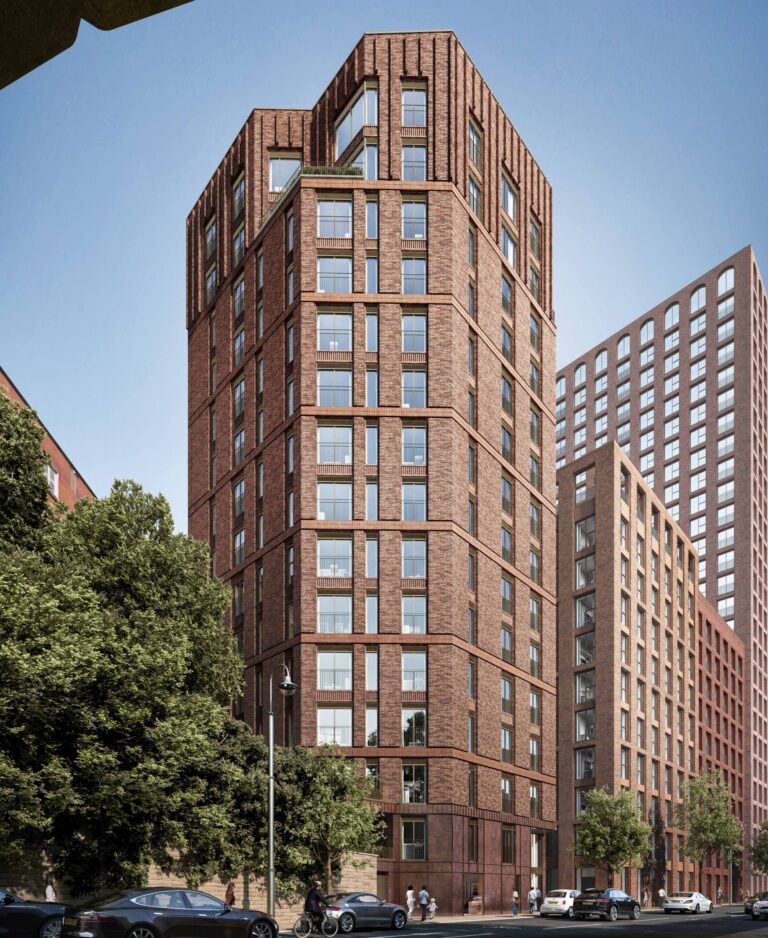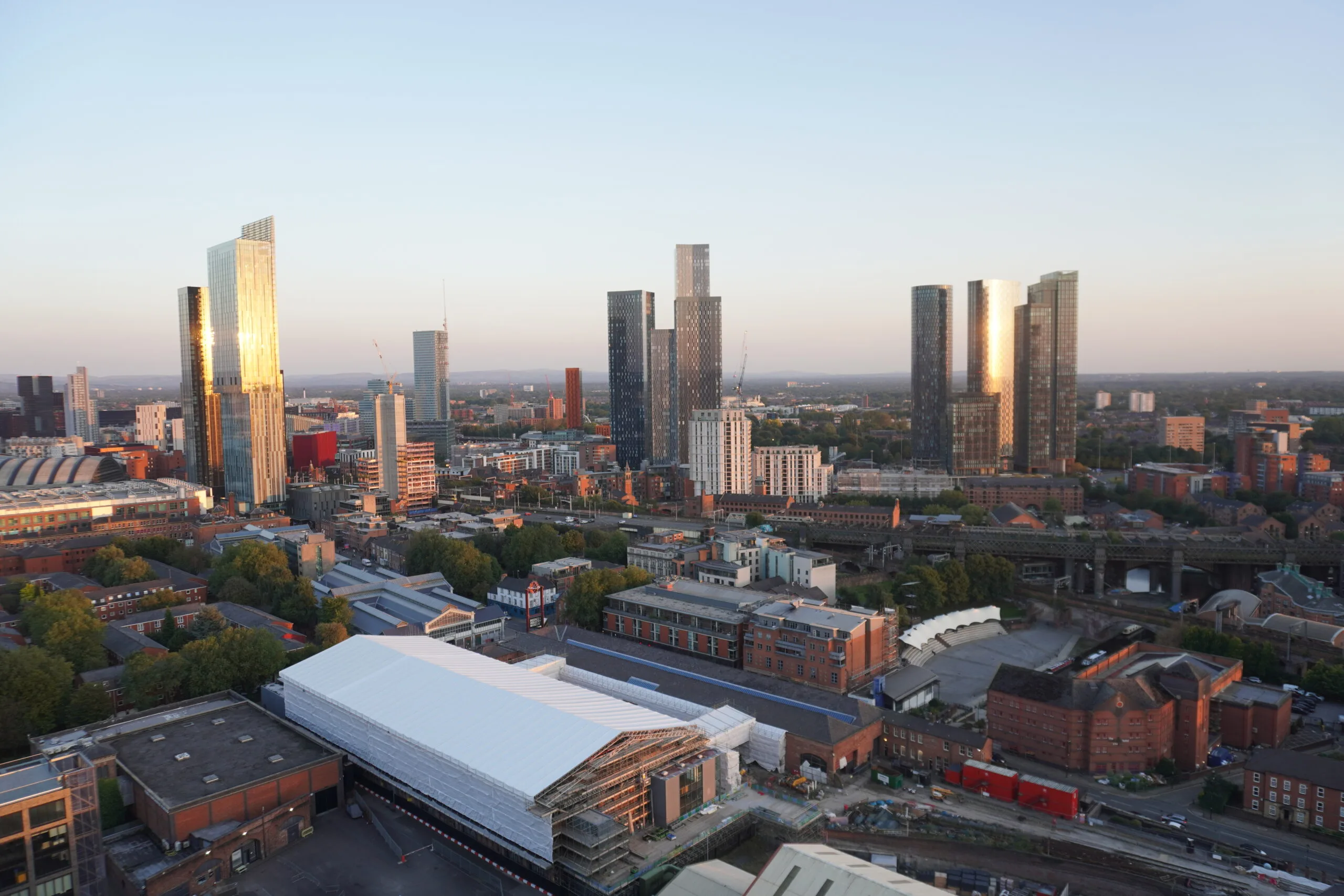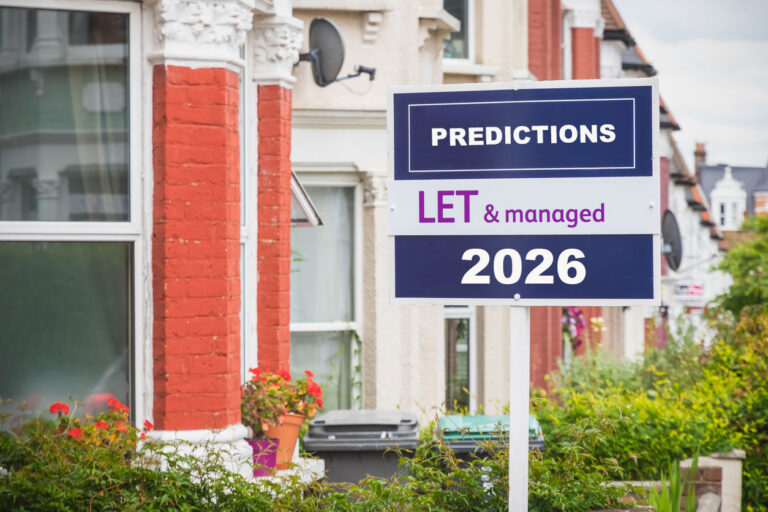In the UK, the ‘Bank of Mum and Dad’ is often a crucial part of the journey for first-time buyers, but knowing where to begin to help your children can be a minefield. Sam Hadfield, managing director at BuyAssociation, explores how the ‘Bank of Mum and Dad’ can be maximised to benefit all involved.
Let’s be honest, the “Bank of Mum and Dad” used to be something you’d mutter when a friend sheepishly admitted that their house deposit had parental origins. However, it is an important source of income. In fact, it’s practically a financial institution – one in which meetings take place over Sunday’s dinner table, background checks border on invasive, and they rarely charge interest.
In 2023 alone, parents in the UK contributed £9.4 billion to help their children buy homes. That’s around 164,000 first-time buyers – a full 57% of the mortgaged first-time buyer market. To put that into perspective, the Bank of Mum and Dad, or BoMaD (yes, it even has an acronym), lent more money that year than TSB or Virgin Money in property loans or mortgages.
This unofficial “bank” now sits comfortably in the UK’s top 10 mortgage lenders – except with far lower interest rates, far looser terms, and considerably more emotion involved.
Choosing a strong strategy
It doesn’t stop at bricks and mortar. Parents are also covering school fees, university costs, household bills, start-up investments, and even holidays. The wider BoMaD economy is estimated at £17 billion annually (depending on which figures you trust) and that makes it a powerful player across several sectors; not just property.
But there’s a catch: being in a position to help your kids financially is a privilege. It is generous. It is meaningful. But it is not compulsory. There is no set of rules on ‘how to’, and not all ‘banks’ operate in the same way. This ‘how to’, the strategy and the execution, is what determines success for both the parent and child.
My position as managing director at one of the UK’s leading property investment companies means I come across families every day who are navigating the landscape of the Bank of Mum and Dad – eager to help, generous to a fault, and naive on how best to support their child.
Although gifting is noble, sometimes the greatest gift isn’t the deposit, the loan or the house. Think smart, think strategically, think sustainable.
Ask yourself some questions:
- Will this be your child’s forever home?
- If not, how does that deposit help them with the next one?
- What happens if life throws curveballs: redundancy, divorce, unexpected debt?
- Have you protected that gift legally? Or is it one bad remortgage away from vanishing? Could it be eroded via separation?
A well-intentioned gift can lose its value quickly if there isn’t a plan behind it.
Bank of Mum and Dad for long-term goals
There’s a wider point here about the difference between giving support, and building something that lasts. In some cases, that might mean creating a family investment structure, such as a limited company, that holds income-generating property. This can provide regular returns, future growth, and something that can be handed down or shared with the next generation.
Done well, this approach doesn’t just help your children get on the ladder. It creates a foundation of financial security that benefits the whole family, without sacrificing your own. Done really, really well it can help future generations, too.
The Bank of Mum and Dad is already playing a huge role in our society. However, if your work and life choices have put you in a position where you can help, the next step is to make it more robust, more thoughtful, and more sustainable for everyone involved.
If you’re looking to build future wealth for yourself, your children or you grandchildren, get in touch with BuyAssociation today to discover our property investment opportunities that focus on long-term returns.










